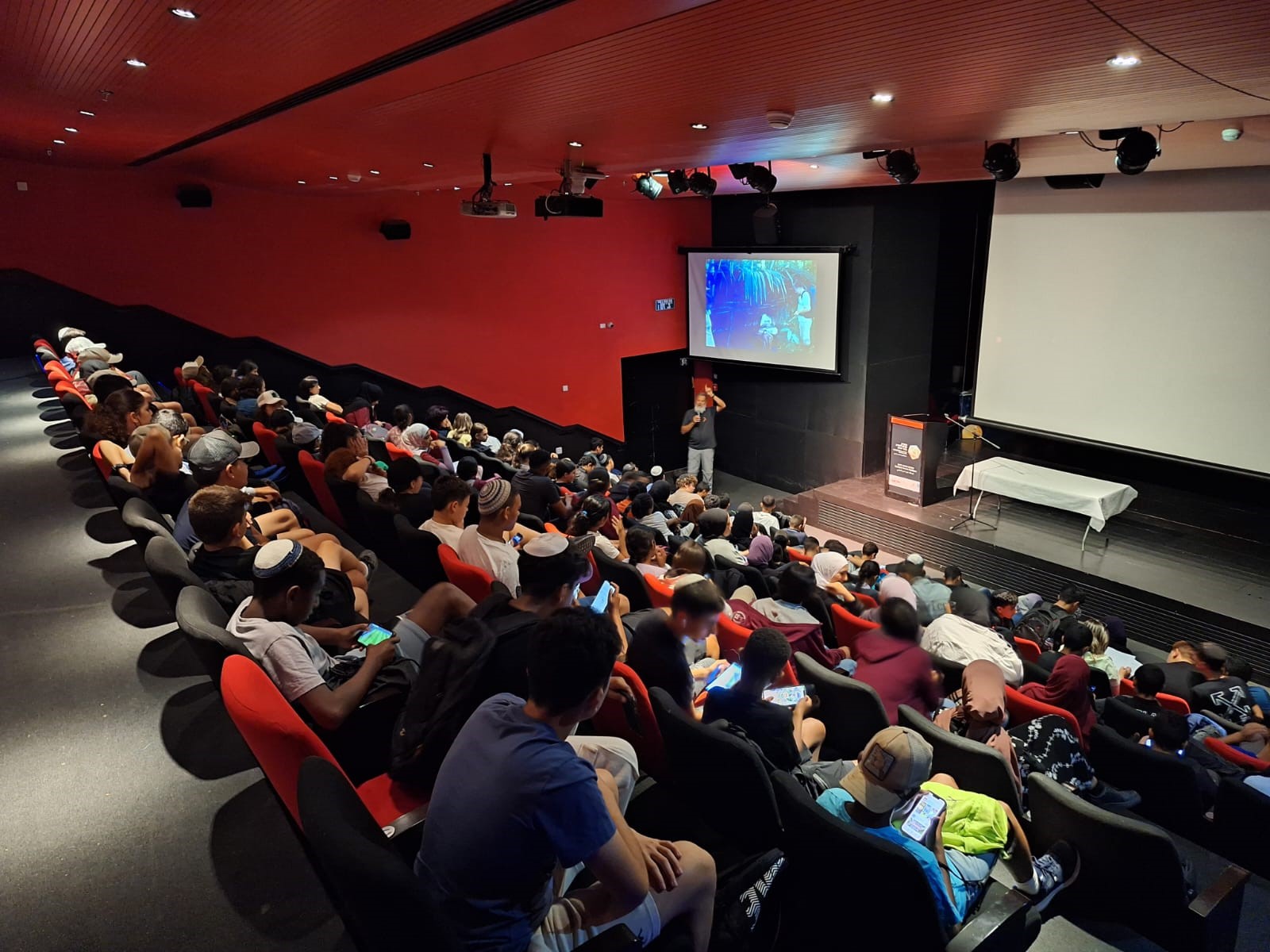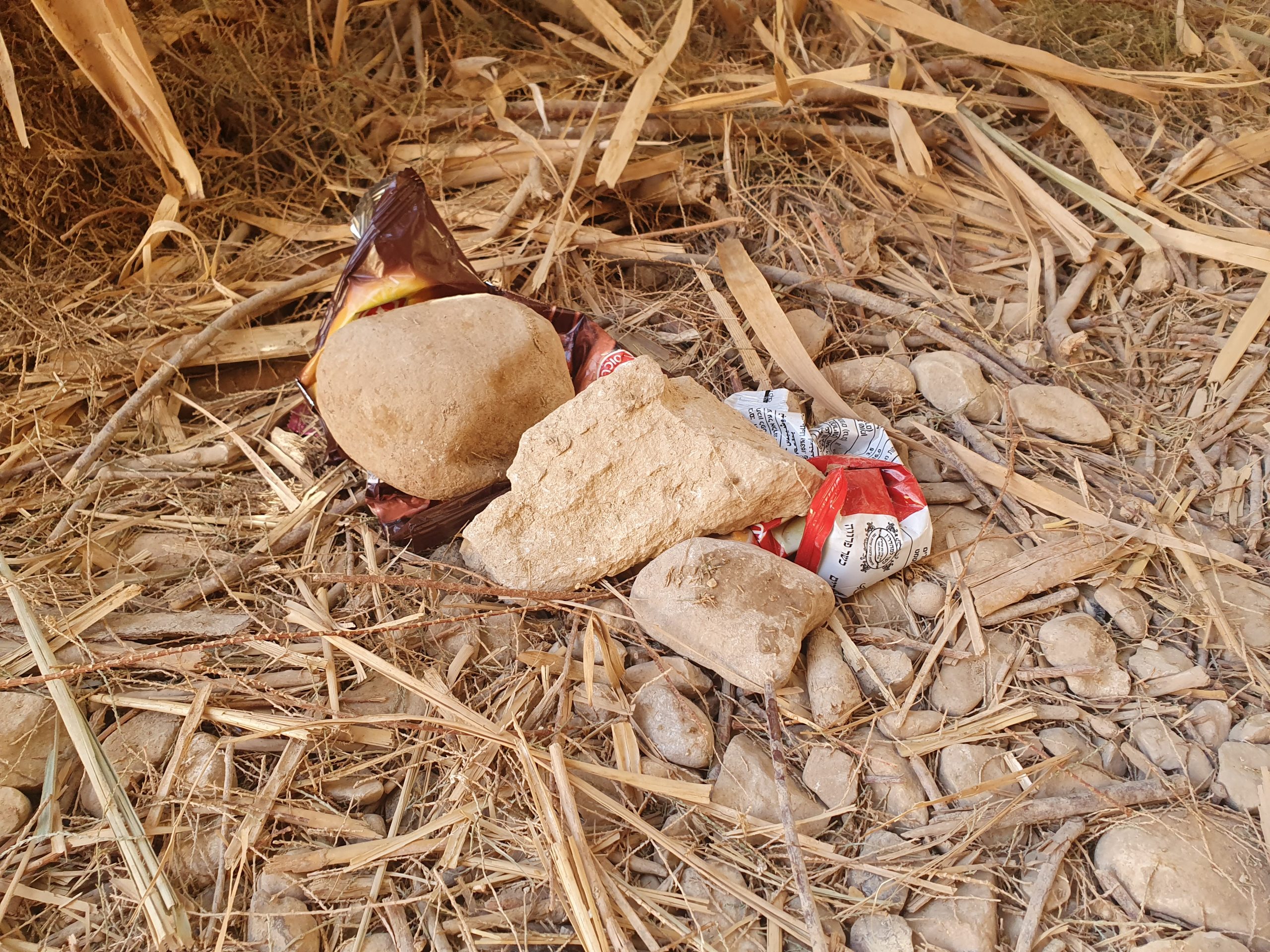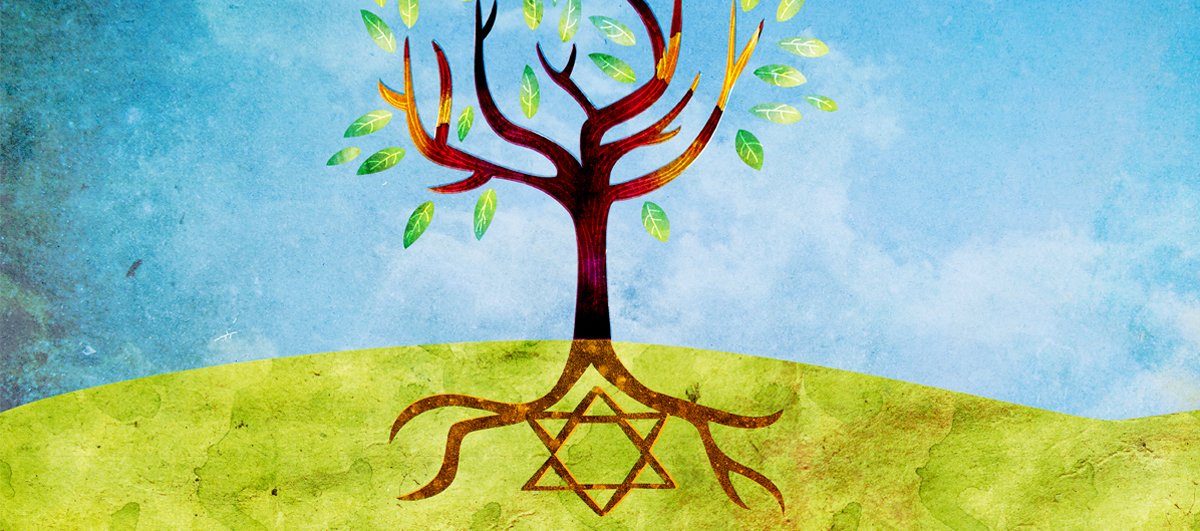A Smokeless Lag BaOmer
May 11, 2020The decision to cancel Lag BaOmar bonfires this year due to the coronavirus could serve as an opportunity to find more original and less health-damaging and environmentally harmful ways to celebrate the holiday
Like Passover, Independence Day, and Memorial Day, Lag BaOmer is expected to look quite different this year. The decision to cancel bonfires has been endorsed by voices who have been calling for the end of this ritual during the holiday in recent years due to severe health and environmental damage associated with this practice.
A new study, set to be published in the next issue of the Ecology & Science Journal, attempted to create fun and eco-friendly alternatives to bonfires at an elementary school in the center of Israel, and although not an easy task, it certainly is possible.
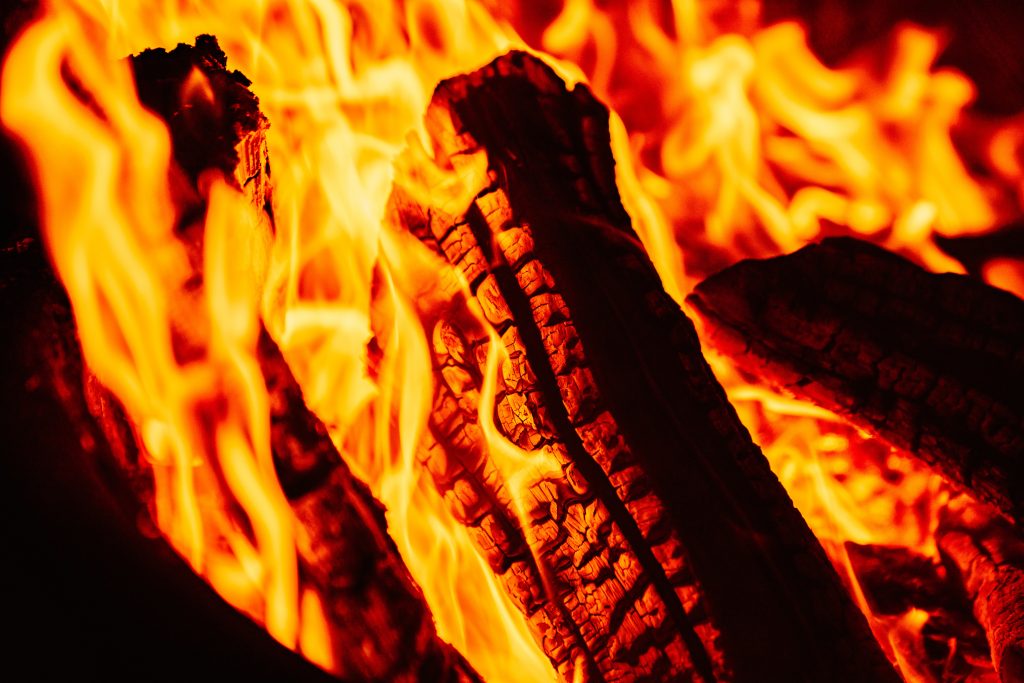
Air pollution is 11 times higher
“Lag BaOmer is by far the most polluting holiday, it is unmatched in terms of harm to public health,” says Professor Alon Tal, co-author of the study and head of the Department of Public Policy at Tel Aviv University.
Indeed, the increased number of fires from this holiday leads to a significant increase in air pollution every year, exceeding the safe values under the Clean Air Law. In 2019, for example, the level of air pollution during Lag BaOmer was 11 times higher than average. This causes an increase in the number of patients admitted to the emergency room on account of asthma attacks and respiratory problems. The fires are especially dangerous for children, who are one of the main at-risk groups that can be substantially impacted by air pollution, and who are often most exposed to the fires on the holiday night.
All of these factors add to other consequences of the fires, including burns and other physical injuries.
Lag BaOmer is also harmful to the environment. Bonfires that are not properly extinguished can potentially cause forest fires. Trees, plants, and animals around the fires can be harmed by the smoke, air pollution, and debris that are left behind by those who are celebrating. The many charred spots where different materials burned can also cause damage to the natural landscape.
The negative effects of the holiday on people and the environment have, in recent years, led to the strengthening of a trend that calls for reducing the practice of lighting fires or even replacing them with more environmentally friendly activities.
Last year, the Holon municipality, for example, offered their residents a variety of bonfire-free activities, such as Bar Kochba’s Coin Workshop, a workshop for archery, a fire show, and a lantern procession; Ramat Gan chose in 2019 to celebrate the holiday with discounted nighttime swimming and water activities for children in the public pools on the evening of the holiday.
“It is time for us to celebrate the holiday without feelings of guilt,” says Professor Tal.
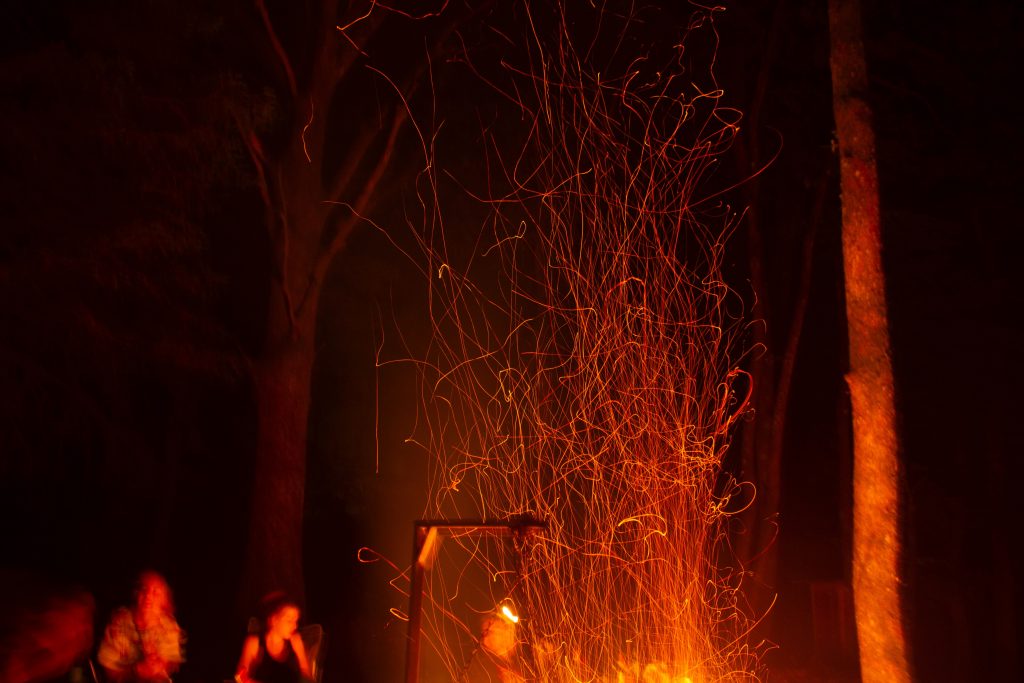
Kites instead of bonfires
A new study, conducted by Dr. Dorit Kerret of the Department of Public Policy at Tel Aviv University along with Professor Tal, followed a program aiming to replace the bonfires initiated by the Green Leadership group: students from third through sixth grades were selected to lead the school’s environmental field.
The members of the group decided to organize a competition between the grades, in which each class would replace the Lag BaOmer bonfire with an eco-friendly celebration of their choice, and the most successful idea would win the class students an attractive prize.
However, the student’s plan encountered surprising resistance, not from the other children but rather from some of the parents who did not agree to the cancellation of the bonfires.
According to the interviews, aside from the parent’s reluctance to change the already established program and their fear that alternative planning would be complicated and burdensome, they themselves enjoyed the fires and had difficulties giving up the experience and did not want their children to miss it.
“It turns out that at least fundamentally, it’s not a children’s holiday – it’s a parents’ holiday,” says Dr. Kerret. “They have a sentiment for the event, and it’s hard to overcome.”
As a compromise, it was decided to hold a secret ballot among the students in each class, which would determine whether the class would participate in the competition or hold a bonfire. In 8 out of 22 classes, the students voted for alternative fireside activities, but here, too, the program encountered a stumbling block from parents’ committees, who refused in some classes to accept the students’ decision and stated that a bonfire would still be held.
Eventually, four of the classes held an alternate activity instead of a bonfire that evening. In two of the classes, the students went on lantern trips, which included stories about the holiday. One class took part in outdoor activities that included games and trivia about Lag BaOmer.
The class that won the competition organized a celebration that entailed passing messages through kites (as a substitute for passing messages through bonfires), conducted in an area between archaeological remains from the Roman occupation in Israel.
All activities used recycled and natural materials and included healthy food options. “The children who participated in the alternative festivities had a special and entertaining experience and even the students who did not win felt that they had done something good for the environment,” says Dr. Kerret.
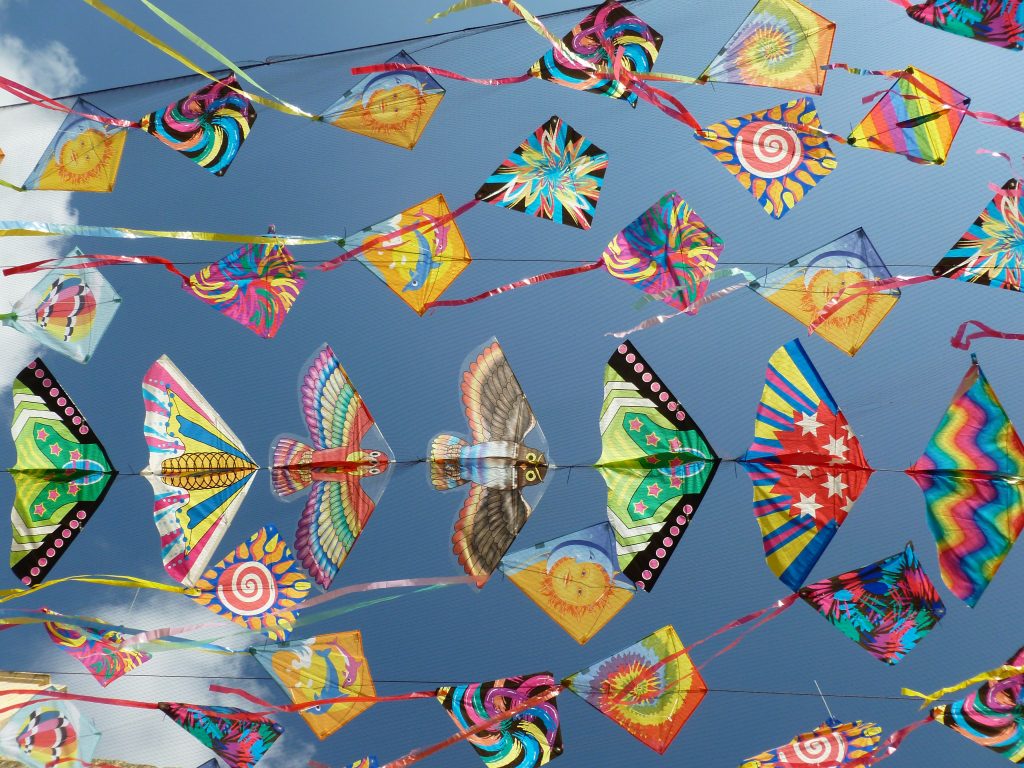
You can celebrate differently
According to the study’s conclusions, in order to deal with the parents’ opposition to the bonfire, schools that are interested in initiating similar programs should inform their parents of the program as early as possible, explain the issue extensively, prepare them, and involve them in planning the alternatives.
In addition, students questionnaires provided by the researchers found that the main source of attraction for the children was not the fires themselves, but spending time outdoors with friends at the event. Many students also stated that they did not like the smoke and noise associated with the fireside events, so highlighting the fact that a fire-free alternative also does not include these side effects may encourage their choice.
“In addition to imparting knowledge, we want to promote the development of important skills that will help the children in their lives,” Dr.Kerret.
“The study shows that Lag BaOmer can be celebrated in a different, very experiential, and fun way, and we won’t lose anything without a bonfire.,” Dr.Kerret concluded.
This ZAVIT article was also published in The Times of Israel on 05/11/2020.
